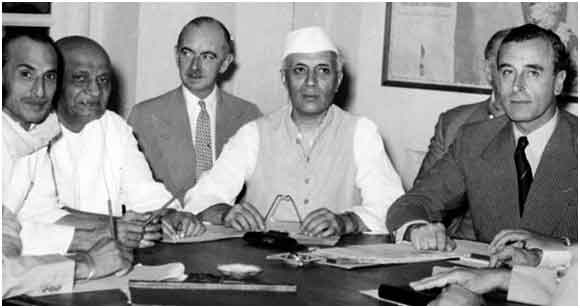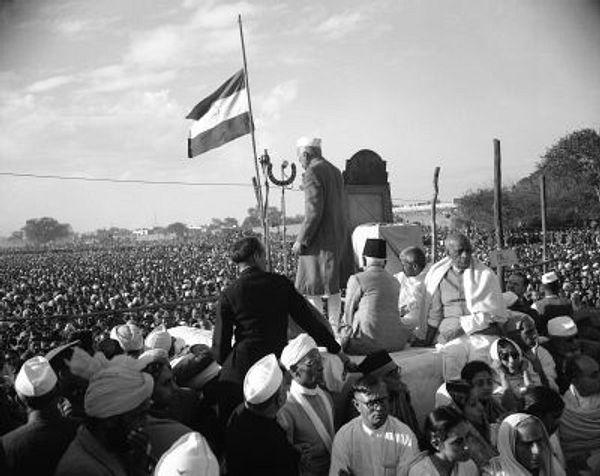

#india #connections #leaders #people #power #money It should cause us all to pause and think about how bad politics, unchecked corruption and lack of justice can undermine our hopes for an Indian Century. He may as well have been writing about the many family fiefdoms and satrapies that dot the Indian political and economic ecosystem. In their amoral world, these are not vices but survival skills. They are not restrained by codes of personal honesty and respect for the rights of others. He added that this ethos was central to the approach of Donald Trump, Vladimir Putin and Xi Jinping as well. It allowed them to be selfish, dishonest, cruel and arrogant all at the same time. I'm justified in grabbing all that I can because if I don't, the other guy will. This ethos is built around the idea that we live in a dog-eat-dog world. The strong do what they can, and the weak suffer what they must. Quoting another writer David Brooks, he says that many leaders today possess a kind of nihilism that you might call amoral realism.

He shows how family connections (or disconnections) influence political power, violence and money in today's India. In today’s post, I want to share a gripping, thought-provoking, and ultimately chilling piece by a friend and scholar, Dr Shreekant Sambrani. But his acting was on the periphery of his personality. It was out of character his interest in children was slender. This was at its worst on his birthday for a few years when sycophants organized groups of children, with flowers and copious photographing, to parade with him. The acting was never worse than the pose of Cha Cha (Uncle) Nehru with the children. He wrote, "Nehru certainly did some acting on public occasions and before the TV cameras but never much.

Sir Walter Crocker, mentioned in Nehru's biography Nehru: A Contemporary Estimate (1966) that Nehru did not really have time for or enjoyed the company of children. He was known for many other great things and he should be remembered for them than regarding children. He created some great institutions that stood the test of time. Nehru had said that, 'The future of our country lies with the younger generation' and in fact future of any country lies with the younger generation and that saying does not prove his fondness. He was no doubt a great man but I am not sure about his fondness for children.


 0 kommentar(er)
0 kommentar(er)
